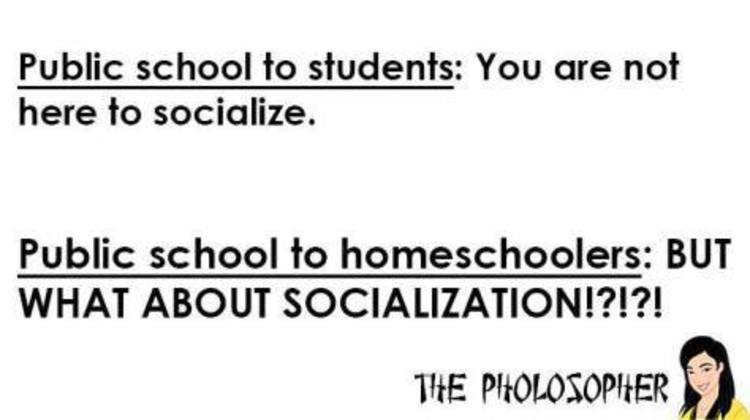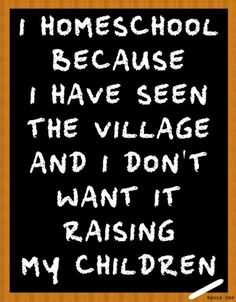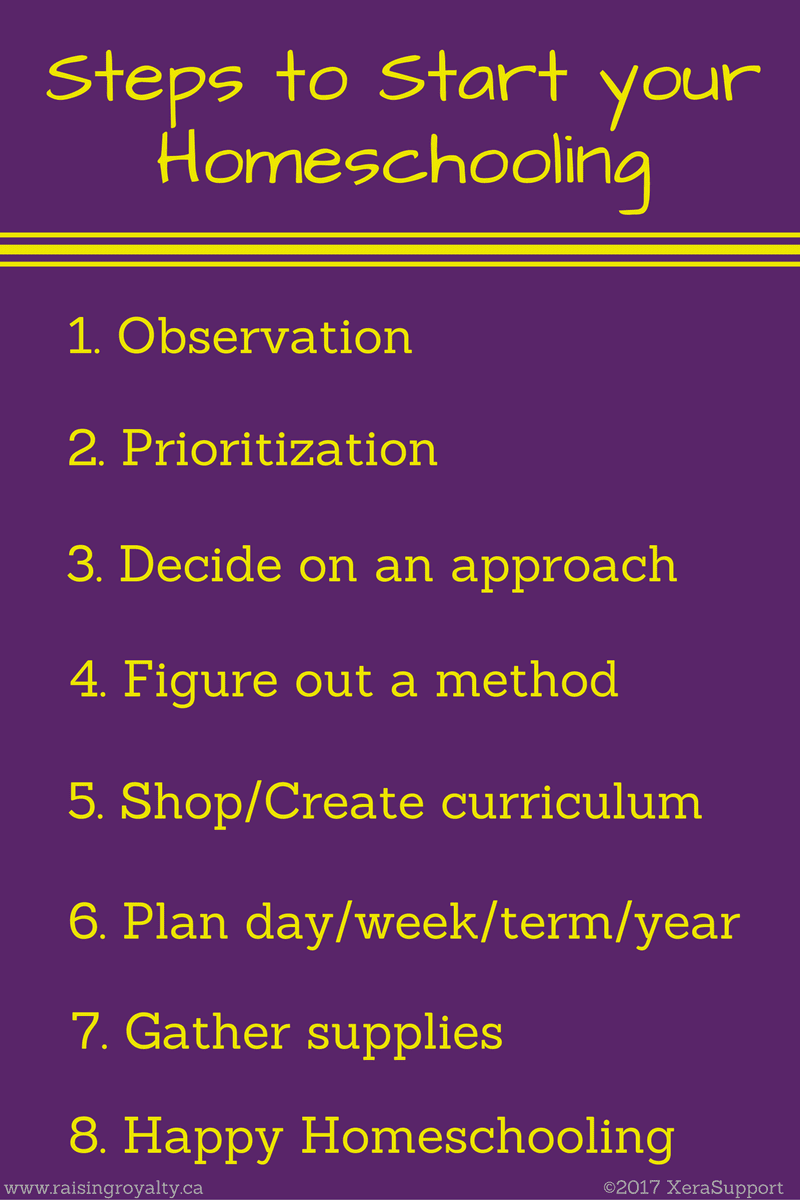Homeschooling is growing in popularity! Many new-to-homeschooling families have a lot of questions about homeschooling. Others might struggle to put the answers to the questions they get into words. Your most frequently asked questions about homeschooling get answered here:
FAQ 1: Is it legal?
There are only a few places in the world where it is, in fact, illegal to homeschool your children. And only a few where it is impractical to homeschool. But generally, homeschooling, in one form or another, is legal just about everywhere.
I’m fortunate to live in an area where homeschooling is not only completely legal but also completely without regulation. Please check with your local laws before starting.
The best place to get truthful information is from a local homeschooling support group. Be careful about talking to the public school or school board. Because it is not in their interest for you to pull your children out of the school system, they may not give you accurate information about the legalities and regulations of homeschooling in your area.
You can also check out HSLDA’s website in your country for specifics.
FAQ 2: How do I teach them?
That is one of the hardest-to-answer questions about homeschooling. And the answer is, it depends.
To be honest, the specifics of the method of homeschooling, your curriculum, teaching style and structure of your homeschool will depend on a lot of factors.
But generally, since you, as their parent, taught your child how to walk, talk, feed and dress themselves, use the bathroom, and the basic rules of interacting with others, you can totally teach your child to read, write, add, subtract, or whatever academic skill or information they need to learn.
You know your child best. And you were your child’s first teacher. You are their best teacher!
For more on how to teach, read What Method Will You Choose?


FAQ 3: What about testing?
For many people, homeschooling is actually about avoiding the many standardized tests that are increasing in mainstream school systems. For others, standardized testing is a useful tool.
Normed tests are available for purchase privately, through various publishers and curriculum sellers. And they may also be available through your public school system. Please check with your local school board or homeschool support group for more information on that.
For assessment purposes, you can certainly test your own children. The curriculum you choose may include quizzes, tests and assessments. There are also many free or for-purchase placement and assessment tests available online.
FAQ 4: What about socialization?
Homeschoolers get asked this a lot. We even make jokes about it! For most people, questions about homeschooling revolve around how kids will be exposed to other children, as if homeschoolers are isolated, awkward and ‘wierd”.
Again, the answer to this question is “it depends”. It really depends on what you mean by the word “socialization”.


If socialization means the development of social skills, such as
- the ability to interact with others politely and respectfully,
- the ability to handle difficult people and different opinions without inappropriate emotional outbursts,
- the skill and art of conversation, and
- the ability to conduct oneself in public as civilized and well-mannered;
then homeschooling is actually ideal.
Homeschooled children benefit from:
- great modeling (through their parents/guardians);
- direct and indirect immediate teaching, correction and feedback (because parents tend to insist on good manners);
- and the opportunity to interact with people of all ages and lifestyle choices.
Most homeschoolers aren’t going to be restricted to an age-segregated environment, with drastically different rules than real life. They also won’t have the intense pressure to conform.


Homeschooled children live in the real world, not the artificial one created by the institutional school classroom.
If socialization means the opportunity to interact with age-similar peers, again, homeschooling is ideal.
In fact, homeschoolers, with the flexibility that homeschooling offers, have a much greater opportunity to interact with others, similarly aged or not.
Whether its being out and about with their parents while they run errands or interacting at libraries, pools, parks and playgrounds, homeschooled children get all the interaction that the parents choose to arrange.
Homeschooling is flexible.
We aren’t spending hours after school on homework, so our evenings are much freer for those extracurricular activities. There are great options in the community such as sports, dance, gymnastics, Lego club, 4H, Scouts, youth group, music/art lessons, drama club, or anything else that may be available in the community.
Also, we aren’t restricted to school hours, so we can also have special opportunities during the day. Many areas have active homeschool coops and support groups. These offer their own classes, playdates and interaction opportunities.
Personally, it would be easy for us to end up out every night of the week with a class or activity! Sometimes we homeschoolers run the risk of being out too often. We can forget that we actually need to be home, to do school.
So for us, the biggest questions about homeschooling are more about picking and choosing what we have time to do, rather than feeling isolated and bored.
FAQ 5: How do you stand your kids all day?
Some people claim that I must have some kind of superhuman patience to deal with my children all day, every day. Trust me, I’m not a supermom. My kids squabble and fight just like every other group of siblings. They get mouthy, rebellious and disobedient at times too.
However, these are parenting issues. And fortunately, they aren’t exaggerated by the influence of public school.
Consider this: a school-age child spends roughly 5 hours a day being told to
- sit down and be quiet,
- concentrate on their school work,
- stop fidgeting,
- stop talking with their classmates,
- and they even have to ask permission to use the bathroom!
Is it any wonder that by the time they get home they are ready to explode? They are exhausted, stir crazy, emotionally stressed, hungry and overstimulated!
By contrast, my homeschooled children can change positions as needed, and get up and move around as they want. They can use the bathroom whenever its necessary without the indignity of having to ask. We take frequent breaks. We eat snacks whenever we are hungry. And my kids ask all the questions they want, and they don’t have to wait (at least not often!).
There’s less stress, less anxiety and less pressure. The little fights and fits that do come up are typical parenting issues, and worked out quickly.
FAQ 6: How will I know what to teach them?
For some reason, despite parents being entrusted to teach their children the basics of good manners and hygiene, as soon as it comes to reading and math, there’s all kinds of insecurity. Why do we doubt our ability to teach a child to read, when we taught them how to talk??
But for many parents with questions about homeschooling, figuring out what to teach our children, and making sure we don’t miss the basics, is important. And there’s guidance available.
WorldBook offers a great overview of a typical course of study for every grade and age. Or you can get my personal scope and sequence. Most all-in-one curriculum and state or provincial school websites also offer descriptions of what’s taught in what grade.
Actual curriculum can be purchased online, from a local store if available, or at a homeschooling convention or vendor’s fair.
There are tons of options, and you can even create your own, if you desire.
You can use an all-in-one planned curriculum, or mix and match subjects to suit your child’s learning style, academic level and interest. You can even choose to forgo curriculum entirely and learn through other methods.
Read about the specifics on educational philosophies and homeschool methods, along with curriculum options.
Just know that there are lots and lots of options here.
FAQ 7: How do I start?
This is one of the most important questions about homeschooling. And the answer depends on your jurisdiction and the legalities.
If you are a parent of preschool children, you probably don’t have to do anything in particular. Simply create a loose plan of what and how you want to teach your children, if you like, and then start! For most preschool children, learning happens through play, so you may not have to do anything special at all.
If you are a parent of children over the compulsory school age (somewhere between age 6-8) or have children already in school, you will need to withdraw them from school.
The specifics will vary from place to place. But generally you’ll want to send a letter of withdrawal or intent to homeschool to your local school as well as your school board.
And you should get a copy of all school records to date, including test scores and any special notifications (IEP, special education plans, behavioural notices/plans, etc).
When you pull out of public school, you need to “de-school”.
If you are pulling your children out of school, it is highly recommend to take the time to “deschool“. This is a term veteran homeschoolers use to describe the process of adjusting from a public school mentality to the lifestyle and flexibility of homeschooling. For details on the specifics of how and why to deschool, check out this post.
No matter how old your children are, there are certain steps that are recommended before beginning this process. You need the what and how to teach. And you’ll want to set up and gather the supplies you need beforehand.
The preparation is crucial to your chances of a successful year. At the same time, don’t get so tied to your plans that you forget to enjoy the process!
Steps to beginning include:
- Observation
- Choose priorities
- Decide on an approach
- Figure out a method
- Shop/create curriculum
- Plan out your day/week/term/year.
- Gather supplies.
- Happy Homeschooling!


Is it worth it?
From a veteran homeschooler to the curious beginner: homeschooling is more of a lifestyle choice than an educational one.
It’s not necessarily easier than public school (though it might be less frustrating). It is, however, incredibly worthwhile!
You can have a greater connection to your children. As a homeschooling parent, you can protect them and give them more security. You can even tailor their education — challenge their strengths and support their weaknesses.
And the flexibility for special occasions and once-in-a-lifetime opportunities mean no more having to pay peak-time prices for those family vacations!
You already have your reasons for not wanting to put or leave your children in public school. No matter what they are, homeschooling will achieve beyond those reasons, if you are committed to the long-term. I wish you well in deciding what is the best fit for your family.
FAQ 8: My kids aren’t on grade level!! What do I do?
This is one of the biggest concerns and reasons for homeschooling. And it’s usually a panicked question about homeschooling for many new families. Take a deep breath, because the truth is that when you homeschool, grade levels aren’t actually that important.
First of all, grade levels are simply an arbitrary system used by school systems, as a way of determining the skills and content taught to all children at a certain approximate age.
These standards vary by jurisdiction (the standards in the US are not at all the same as the ones in the UK, and far different than the ones in China, for example). So “grade level” isn’t really a good measurement of each child’s abilities, and it is definitely not an indication of their intelligence.
That being said, it is not hard to “catch them up” to your local school’s definition of grade level. Start where they are, and continue each day from there. Most children learn quickly and excel when given individualized attention.
Plus, you’ll be surprised how little time it takes to learn anything, when you don’t have to wait for 25 other people to complete the assignment, pay attention, ask their questions, turn in their work, stand in line, etc.
FAQ 9: Can I do this while .. pregnant/nursing/working/single/sick/disabled/your-unique-circumstance-here?
Yes.
Many people with questions about homeschooling will object based on their personal circumstances. They think you can only homeschool if life is “ideal” — a stable two-parent home with one parent making a decent income to support the family.
But if you’re a single parent, a disabled parent, a two-working-parent family, pregnant, breastfeeding, moving, military family, or whatever other unique circumstance you may have, you can homeschool.
How do I know?
I have homeschooled (a school age child, not a preschooler) while pregnant, nursing, or both. I’ve homeschooled with toddlers, newborns, or some combination thereof. And I’ve worked (from home and outside the home) while homeschooling.
I’ve homeschooled while married, single and during a divorce. We kept up thru several moves, power outages (that lasted days), work being done on my home, blizzards and floods and tornado warnings. And I’ve managed to continue while battling depression, PTSD, infections, and other varied health issues.
Currently, I homeschool as a single working mom of 6, with a breastfeeding toddler and a special needs child.
I can safely say that if you are committed, you can do this.
There are definitely times when I wonder if it wouldn’t be easier to “just put them in school”. There are definitely times when I’m tempted to call up the local school and sign up.
But then I calm down, and realize that whether I educate at home or send them to school, I will still spend a good portion of time, energy and effort on making sure their education is the best it can be.
Homeschooling or public school — one isn’t actually any easier than the other, just different.
FAQ 10: How do I keep records or determine grades? Do they get a report card?
For most parents, making sure their children get good grades in school is part of being a good parent. So when they consider a different route, grading and marks becomes one of the more confusing questions about homeschooling.
First, keeping records and determining grades are two different things.
You can keep a record by simply dating all completed work and keeping it. You can track using a journal or planner, taking pictures, making a portfolio, etc.
Some jurisdictions require that you track attendance, subjects taught, work completed, show proof of learning somehow (through a portfolio, testing or evaluation), and those requirements may determine how you keep your records.


Grades are simply your determination, as the educator, of how well your students learned the content or skill you
taught.
You can figure out what kind of grade you want to make, from as simple as pass/fail (did they learn it or not), to how many correct out of how many questions (percentages/letter grades) to determining progress, to measuring effort.
Second, many parents find letter grades or grade point averages superfluous, especially during the early years.
Third, there are many systems available for you to help you keep records and determine grades. From paper planners to online trackers, there is a system that will suit your family.
FAQ 11: How can I teach when … I don’t know it/didn’t graduate/didn’t do well/don’t like it?
One of the easiest questions about homeschooling to answer is this one. How can I teach something if I didn’t graduate high school, or if I don’t know how to do something?
Studies show that homeschooled children do well regardless of the education level of their parents. So don’t let your education (or lack of it) be a hindrance to homeschooling your children.
If there is a particular subject you don’t feel qualified to teach, there are many options, from learning with your children, to using an outside class or hiring a tutor.
For most people, this doesn’t even factor until you reach high school. And many options, from dual enrollment to community college to online classes to part time enrollment at your local high school, exist to help with that subject.
If your child really wants to learn it, there will be a way for them to do so.
FAQ 12: How do I tell family or friends? What if they criticize me?
How you tell those people important to you is up to you. You may choose to provide information, to simply and concisely say this is what you are doing, or not say anything at all.
The “mommy wars” are alive and well in homeschooling as well. Like many of your parenting choices that may or may not have been conventional, someone will have something to say.
How did you handle the criticism you had about your child’s name, the decision to breastfeed/bottle feed, your decisions in toilet training, the use of electronics, feeding them, bedtime, etc?
It seems every single decision we as parents make is now subject to public opinion.
Please remember that these are your children.
Your parents raised you already, now it’s your turn. Your friends, chances are, don’t live with you. It is up to you.
You may need to stop discussing homeschooling with particular people, or even limit contact for a while. However, most people are supportive, especially after they see the results — happy, curious, bright children who are learning!!
Any other questions about homeschooling?
If you have a burning question, please reply and ask! As a 10+ year veteran of homeschooling, in many situations, I’m happy to share our experiences and point you to resources you may find helpful.
Need help getting started homeschooling? Get the Guide!
Happy Homeschooling!


Pingback: Homeschool 101: FAQ and Answers (part 2) ~ Raising Royalty